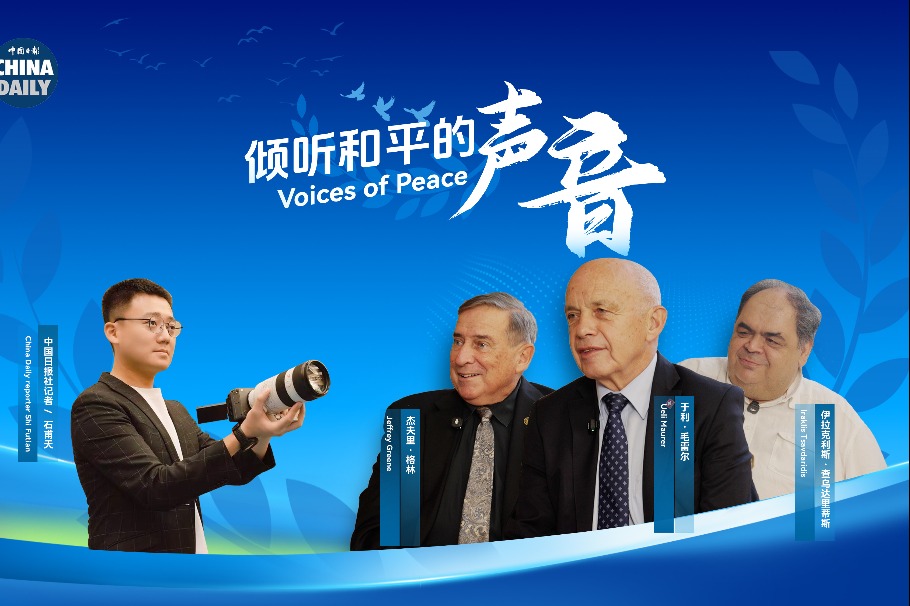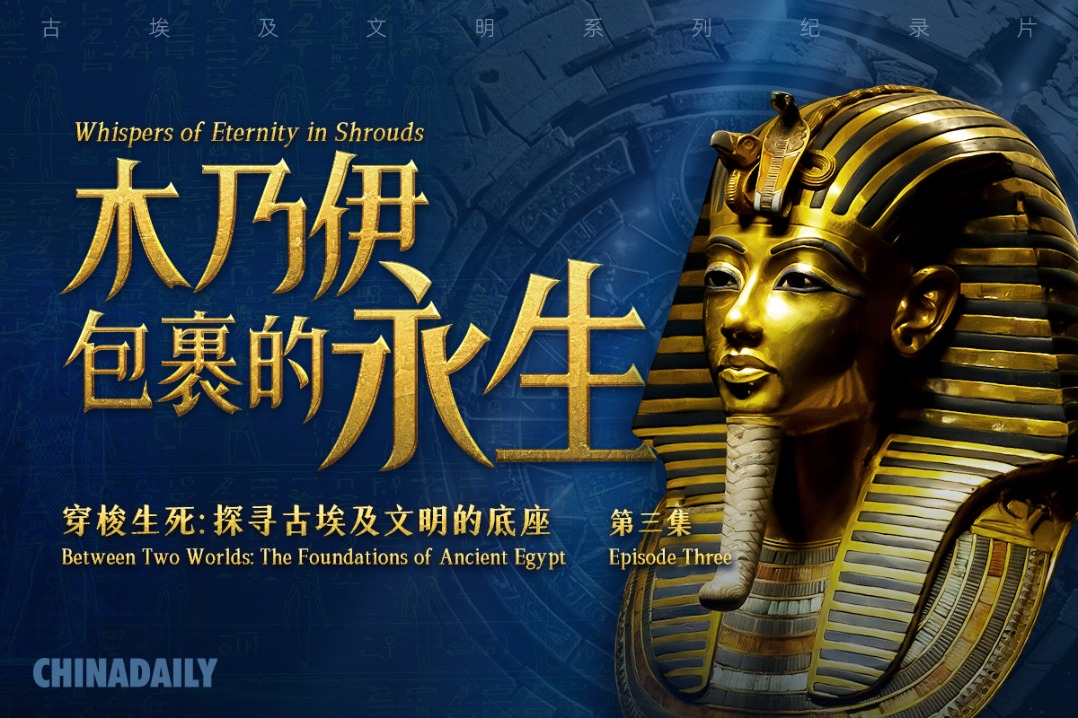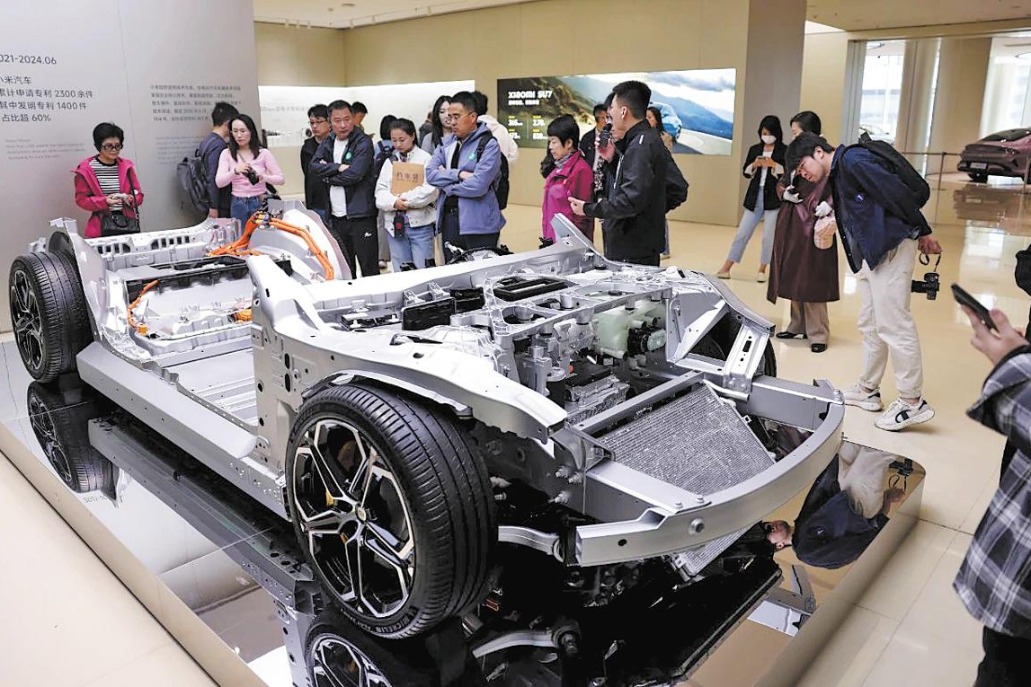China, ASEAN join hands to advance sustainable Cambodia-Thailand ceasefire


On Sept 27, an exchange of fire erupted again between Thailand and Cambodia in a disputed border area, with both sides accusing each other of provocation, garnering international attention. Despite conflicting accounts of the incident and ongoing tensions, the situation remains largely contained and has not escalated into a full-scale military conflict.
Following the ceasefire agreement reached on July 28 and the subsequent signing of a related agreement on August 7, tensions along the Thai–Cambodian border had already been partially alleviated. In subsequent efforts to facilitate dialogue for peace, both ASEAN and China have played notable roles: Malaysia, as ASEAN's rotating chair, led the deployment of an observer team to monitor the ceasefire; while China, maintaining an impartial posture, actively promoted reconciliation and dialogue, contributing to realizing a sustainable ceasefire and improving Cambodia–Thailand relations. This ceasefire is a result of ASEAN's coordination and China's constructive engagement, reflecting the shared will of countries in the region.
ASEAN has served as the "main channel" for mediation and the facilitation of dialogue. As ASEAN Secretary-General Kao Kim Hourn said in an exclusive interview with The Straits Times, ASEAN's efficacy in conflict mediation derives from its "quiet diplomacy" — intervene swiftly and discreetly to keep the situation under control and provide a space for both sides to talk. Thanks to Malaysian Prime Minister Anwar Ibrahim's diplomatic initiative, Cambodia and Thailand took critical steps to stabilize the situation and restore peace.
China's "tea-chat diplomacy" has been a salient element in persuading both parties to engage in dialogue. On August 14, Wang Yi, member of the Political Bureau of the CPC Central Committee and foreign minister of China, invited Cambodia's Deputy Prime Minister and Foreign Minister Prak Sokhonn, and Thailand's Foreign Minister Maris Sangiampongsa for a tea chat. The foreign ministers commended China's constructive efforts to de-escalate tensions and promote a peaceful resolution, emphasizing the value of peace and good-neighborliness, and reaffirming their commitment to strengthening engagement and communication, resuming normal exchanges at the earliest, rebuilding and enhancing mutual trust. The three parties reached the "Anning Consensus", demonstrating that "tea-chat diplomacy" though seemingly informal, can break deadlocks and restore confidence, build trust and continue talks. In addition, the foreign ministers' reaffirmation of the ceasefire understanding also demonstrates that both countries have a strong sense of responsibility in safeguarding regional peace and stability.
China's continued engagement through diplomacy is evident in the visit of Deng Xijun, special envoy for Asian Affairs, who visited Cambodia and Thailand from Sept 12 to 15 to consolidate a sustainable ceasefire and express China's support for ASEAN's efforts.
Despite the unremitting efforts of ASEAN and China to safeguard regional peace and stability, the underlying complexities of the Cambodia–Thailand conflict remain unresolved. Accusations of ceasefire violations from both sides underscore the fact that the dispute rooted in historical grievances, border demarcation and nationalist sentiments cannot be fully addressed through a single ceasefire deal. If not managed prudently, the on-going conflict may undermine ASEAN unity, complicate the building of a China–ASEAN community with a shared future, and potentially destabilize the broader Asia-Pacific region.
To ensure long-term peace, all parties must adopt a phased and durable strategy:
First, as the directly involved parties, Cambodia and Thailand must exercise restraint, prevent further escalation, and actively implement the "Anning Consensus". Both sides must prioritize peace, good-neighborliness, resolve disputes through dialogue, and work to promptly restore stability in the border areas. In periods of heightened uncertainty, decision-makers on both sides must remain rational and composed, as impulsive actions driven by short-term interests risk incurring long-term costs. Given that border clashes often stir sensitive public sentiments, official messaging and public policy should be guided by the objective of preserving peace, rather than fueling tensions or exacerbating confrontation.
Second, ASEAN should assume an even more prominent role in conflict mediation and facilitating dialogue. The roots of the Cambodia–Thailand disputes can be traced to the enduring legacies of Western colonialism, and addressing this historical burden serves the common interests of all ASEAN member states. In the face of recurrent intra-regional and extra-regional tensions, as well as mounting challenges posed by unilateralism and power politics, ASEAN must remain steadfast in upholding its vision of peace, adhere to "the ASEAN Way", consolidate the foundations of regional cooperation, and persist in dialogue and consultation. Furthermore, in order to safeguard ASEAN centrality, it should further enhance its conflict-prevention mechanisms and, through effective institutional design, proactively minimize latent friction.
Third, China's efforts to promote reconciliation and dialogue are fully consistent with the core principles of the model of security for Asia, which emphasizes security for all, seeking common ground while shelving differences, dialogue and consultation. From the outset of the conflict, China has worked actively to promote peace talks without any self-interest and pledged to continue playing a constructive role in line with the wishes of Cambodia and Thailand, while maintaining close communication with both parties, as well as with Malaysia in its capacity as ASEAN's rotating chair. At a technical level, with the consent of both parties, China could provide practical support in areas such as demining, consultations on ceasefire implementation, and the establishment of humanitarian corridors. In addition, China can further strengthen its role as a third-party bridging Cambodia and Thailand, thereby creating conditions conducive to de-escalation and restoring mutual trust.
Although the risk of short-term escalation remains, the prospect of lasting peace is not beyond reach. The commitment of ASEAN member states to good-neighborly relations, the steady adherence to "the ASEAN way" and China's constructive engagement together create favorable conditions for promoting lasting peace in Southeast Asia. Peace, however, is more than a rhetorical commitment; it requires mutual efforts and sustained collective actions. If Cambodia and Thailand continue to exercise restraint, adhere to dialogue and consultation, and take concrete steps to narrow differences and rebuild mutual trust, ASEAN will be well positioned to transform the crisis into an opportunity to deepen regional cooperation and enhance regional governance. China firmly supports ASEAN in pursuing dialogue, consultation, and political solutions through "the ASEAN way" and remains committed to contributing to the practice, promotion, and consolidation of the model of security for Asia aimed at safeguarding regional peace and development.
Li You is a PhD student from School of International Relations, Sun Yat-sen University. Zhai Kun is a professor at School of International Studies and deputy dean at Institute of Area Studies, Peking University.
The views don't necessarily reflect those of China Daily.
If you have a specific expertise, or would like to share your thought about our stories, then send us your writings at opinion@chinadaily.com.cn, and comment@chinadaily.com.cn.



































